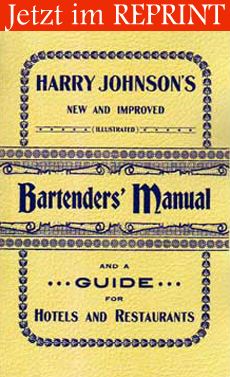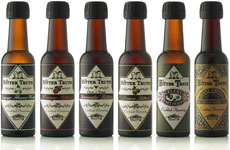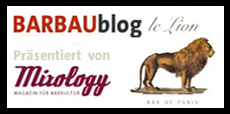Plymouth Gins Black Frias Distillery in Flammen
 Zum zweiten Mal in ihrer seit 1796 dauernden Geschichte ist gestern ein Feuer in der Black Frias Destillerie in Plymouth ausgebrochen und hat starke Schäden verursacht.
Zum zweiten Mal in ihrer seit 1796 dauernden Geschichte ist gestern ein Feuer in der Black Frias Destillerie in Plymouth ausgebrochen und hat starke Schäden verursacht.In der Destillerie wird der weltweit hoch geschätzte Plymouth Gin, Plymouth Sloe Gin und Plymouth Damson Gin produziert.
Die alten Potstills nahmen zwar keinen Schaden, aber das Besucherzentrum mit dem Restaurant ist komplett zerstört. Wie hoch der Gesamtschaden ist wird sich wohl erst in den nächsten Tagen mit Gewissheit sagen lassen können.
Zum Vorfall äußerte sich Simon Ford, Global Brand Manager für Plymouth Gin:
"You may hear that the Black Friars distillery caught fire today and I just wanted to give you an update as I spoke with Sean Harrison (Master Distiller). The good news is that that the pot still and general production facility is still intact as is the oldest part of the building, The Refectory. Also the front view of the distillery does not look different and it will not affect the launch of the Sloe Gin as that part of the building was safe also. The bad news is that we lost the restaurant which from what I hear is in pretty bad shape and they completely lost the roof. 8 fire engines came to the rescue and for the second time in Plymouths history the distillery has been saved from fire (the 1st time being in World War 2 when it was hot by a couple of bombs). I am now relieved and think I may need a martini. Simon"
Dies sind in der Tat keine guten Nachrichten! Plymouth Gin ist wohl die Gin Marke mit der grössten historischen Bedeutung in der Cocktailwelt. Die erste Reference eines Dry Martini Style Cocktails, der Marquerite Cocktail, verlangte nach Plymouth Gin, ein Pink Gin ebenso wie ein Gimlet. Plymouth ist traditionell ein wichtiger Marinestandort und somit wurde Plymouth Gin bald wichtiges Ladungsgut für die Schiffe. Weiterhin galt Plymouth Gin als eigener Ginstil, der sich von London Dry und Old Tom unterschied.
Bleibt zu hoffen, dass sich die Schäden am Schluss in Grenzen halten.







1 Kommentar:
dass ihr vor brandstiftung nicht halt macht nur um schlagzeilen zu schaffen - tss, tss, tss ...
THE GOD OF HELL FIRE
Kommentar veröffentlichen